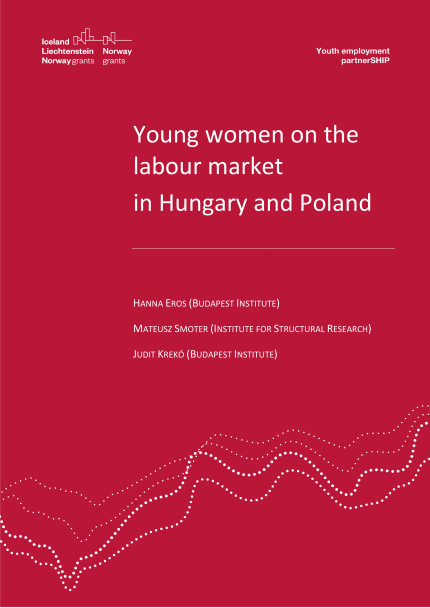The gender employment gap between young, prime-age men and women in Poland and Hungary is large in comparison to that in other EU countries. This is mainly due to the low employment rates among women with young children who withdraw from the labour market due to care duties. They face numerous barriers that hamper their return to employment, such as limited access to good quality and affordable childcare facilities, low levels of workplace flexibility, low engagement of fathers in childcare, and a lack of tailored active labour market policies that make it easier for parents to reconcile work and family life. Therefore, improvements in access to good quality and affordable early childcare institutions should be accompanied by policies that facilitate a more equal division of childcare duties among parents in order to change the gender norms around work. Without such shifts, women will face a double burden of being responsible for both paid work and unpaid domestic labour.

This publication was a part of the Youth Employment PartnerSHIP project, which aimed to tackle youth unemployment. It examined the effectiveness of instruments to support young people not in work or education in four countries: Poland, Spain, Italy and Hungary. The project was funded by Iceland, Liechtenstein and Norway, under the EEA and Norway Grants Fund for Youth Employment and co-funded by the 2018-2022 Science Grant for an International Project.

